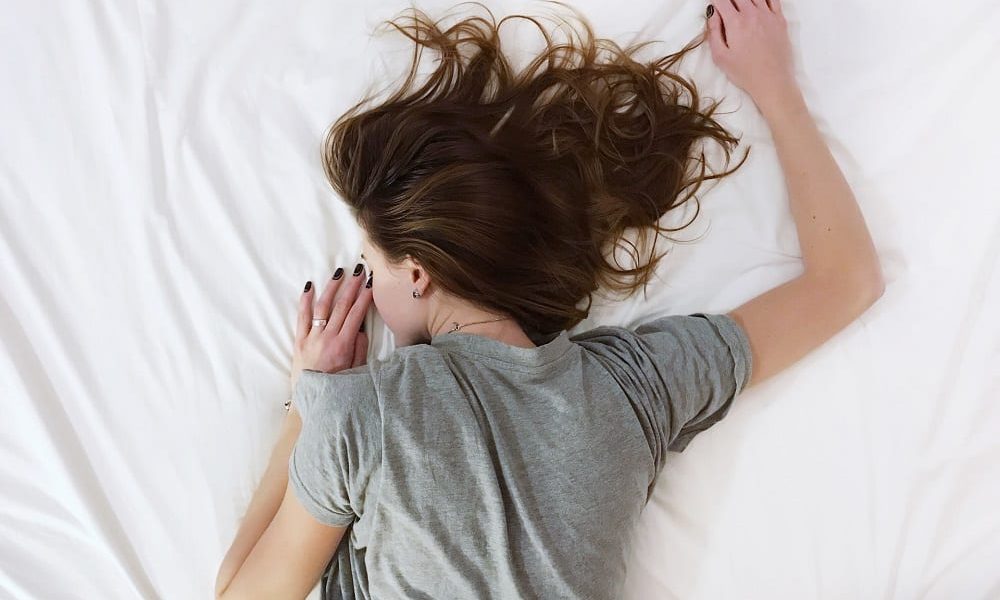
Why Catching Up On Zzzzs Every Weekend Doesn’t Really Address Sleep Deprivation

With sleepless nights or working overtime, we always look forward to the weekends which are the only days when we can ‘catch up’ on sleep. Dozing off has always competed with our job, but this shouldn’t be the case because it can eventually affect our overall health.
An Insider study closely looked at the sleeping habits of 100 seniors from 60 to 71-year-olds during their transition to retirement. Researchers checked the participants’ sleep on three occasions and compared their habits after they stopped working.
The study found that after retiring, the participants slept every day as if it were the weekend. There was an observed increase in their sleep duration from 6.5 hours to 7 hours during weekdays.
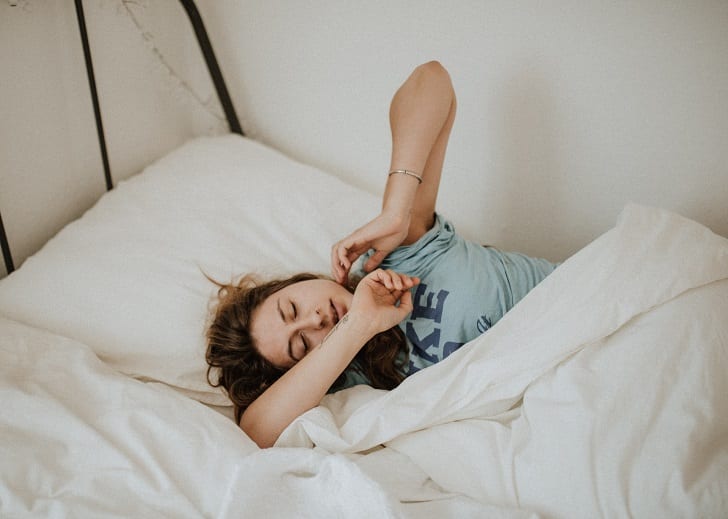
Kinga Cichewicz/Unsplash — Retired participants slept for 30 minutes longer
The research also found that the amount of sleep that they get during the weekends while they were working was really what they preferred. Because this was what they wanted, they suffered chronic partial sleep deprivation before they retired – to be specific, they were 2.5 hours, on average, sufficient of shuteye every week.
Experts generally advise at least seven hours of shuteye every night but the truth is, the needs can vary with different factors such as age and activity level. For instance, babies sleep most of the day because of their growth requirements in comparison to adults who only need 7-9 hours of sleep.
As such, it is hard to gauge how much sleep is too little for people but other experiments have shown that six to seven hours of shuteye can negatively affect our attention and reaction time. This is compared to those who hit the Dreamland for eight to nine hours a night.
Body Clock
For some of us, we have a late biological clock, which means we typically want to sleep late and wake up late, too. However, because of the social clock, which is imposed by society, these people usually suffer from a biological jetlag.
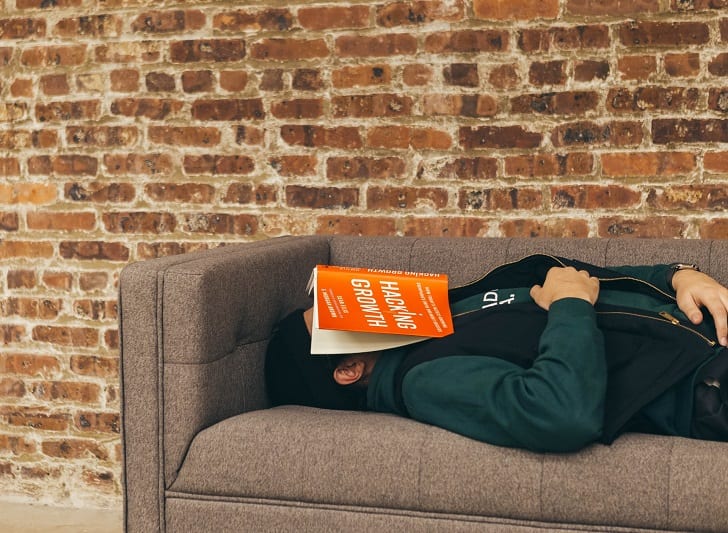
The creative exchange/Unsplash — Others will suffer from social jetlag
It does feel like the typical jetlag, making us tired and down. Longer sleep showed improvement in the mental health of the retired participants, a nod to the many studies saying that shuteye and the overall wellbeing of a person are associated.
Effects of Sleep Deprivation
If you have suffered partial sleep deprivation for years, it could lead to serious health problems. It could result in high blood pressure, which is linked to heart issues.

Olga Kononenko/Unsplash — Sleep deprivation may lead to a weak immune system
It also weakens the immune system, as your defense against pathogens and infections is down, which means you will get sick easily. Your memory will surely be affected as well because whenever we sleep, our brain forms neural connections, but this process suffers when you don’t get enough sleep
More in Way of Life
-
Check Your Sodium Intake—Not All Salts You Eat Are the Same
Salt is one of the most basic and most important ingredients in cooking. There are a lot of variants of salt...
November 1, 2023 -
Worried About Diabetes? Here Are Some Common Myths
There are several myths about diabetes that are frequently reported as facts. Diabetes misrepresentations can sometimes be harmful, leading to an...
June 29, 2023 -
Many Patients Pay Their Medical Costs Out Of Their Pockets – Even With Insurance
With rising inflation, it has become difficult for people to even fulfill their basic necessities. They are more concerned about how...
June 6, 2023 -
What Is The Right Weight For Kids And How To Gain Weight Healthily
Keeping your child happy and healthy is the primary concern of every parent. Parents usually focus on providing their young ones...
May 12, 2023 -
Thyroid Disorders in Children: What Parents Need to Know
Thyroid disorders are not limited to adults; they can also affect children. The thyroid gland produces hormones that play a crucial...
April 29, 2023 -
Should Doctors Attend To Patients With ‘Do Not Resuscitate Tattoos’?
Doctors at the University of Miami hospital were confronted with a dilemma when a 70-year-old unconscious man with a tattoo “do...
April 3, 2023 -
Your Antidepressant May Not Work If You Keep Doing This One Thing
People use social comparison to measure their self-worth. Social comparison has been in existence since time immemorial, and it is as...
April 1, 2023 -
Pro Tips on Preventing Hair Breakage While Keeping Your Hair Moisturized at Home
Every one of us is thinking a lot about how to forestall hair breakage and keep them moisturized at home. Since...
March 22, 2023 -
Planning to Travel After Retirement? This is the Best Medicare Coverage for You
Does Medicare insurance go with you once you are out of the country? It’s currently open enrollment period, and while planning...
March 14, 2023




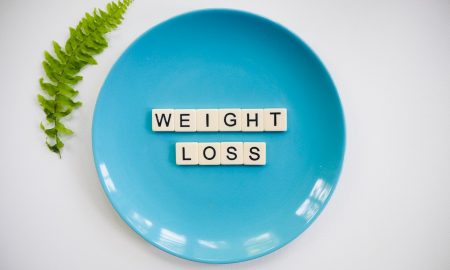


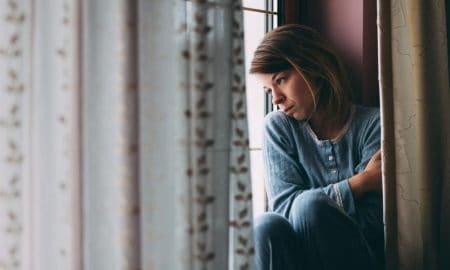


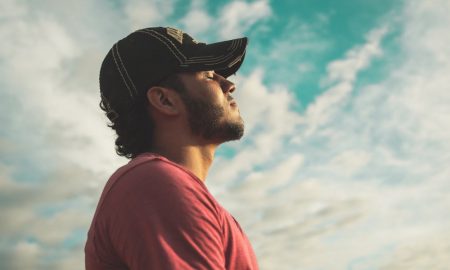


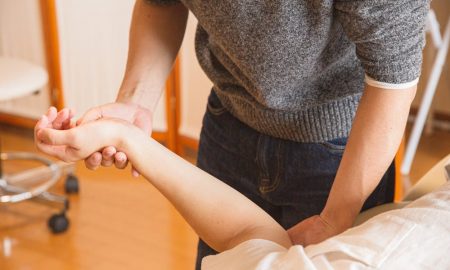

You must be logged in to post a comment Login